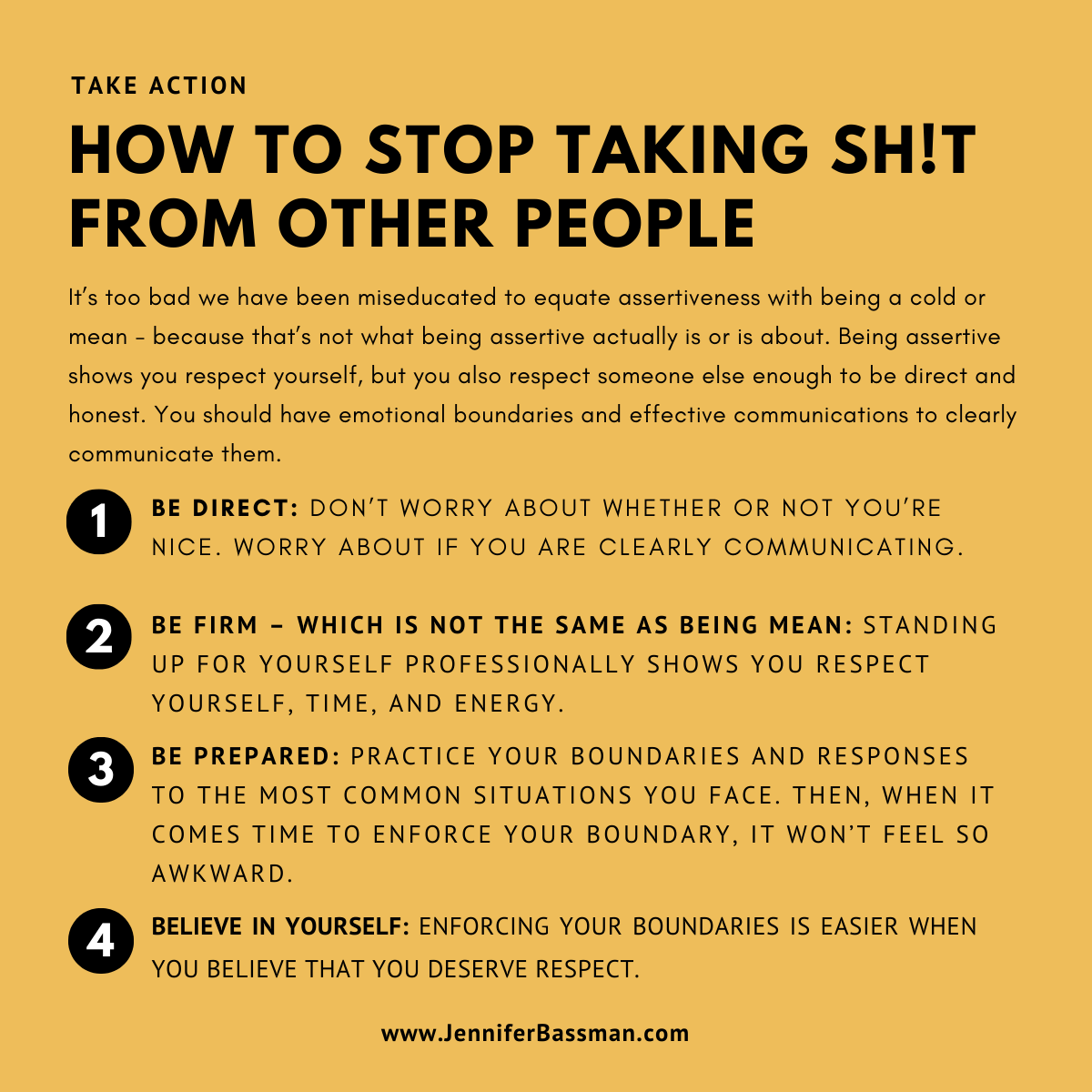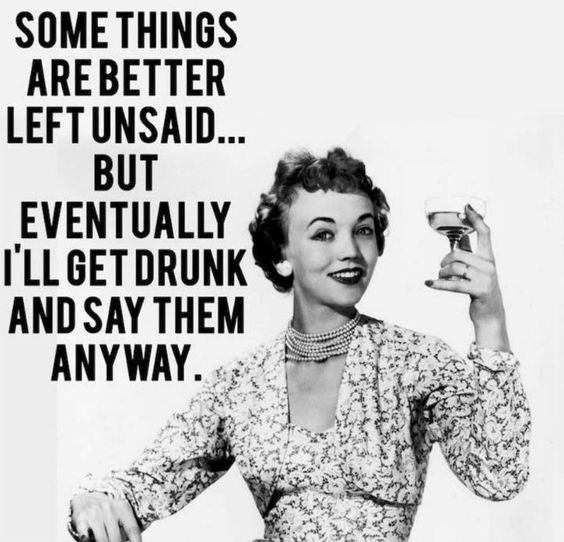Unhealthy boundaries helped me win gold medals in the People Pleasing Olympics for “Whine Until You Clear the Room” and “Snap at Everyone” events.
My inability to say no was not only because I was deeply uncomfortable doing so, but also because I was terrified of disappointing others. I was (and still am) a classic People Pleaser.
Until a few years ago, I had “unhealthy” boundaries. Unhealthy Boundaries show up in four ways:
- They are non-existent – You have no boundaries.
- They are too flexible. – You don’t feel comfortable enforcing your boundaries by communicating them, telling others when they have disrespected them, or allowing them to be so porous you say yes to everyone and everything.
- They are too rigid. – You have become closed off from others and avoid hard but necessary conversations.
- They are weaponized. – Instead of communicating directly about an issue, you focus on trying to control the other person’s behavior, punish them, or manipulate the person or situation.
Ready to create healthy boundaries and have less stress? Join my community to have boundary and stress management tips delivered to your inbox!
Cardinal Rule of All Boundaries
The cardinal rule of all boundaries are they are about your needs and behavior. They cannot be about another person’s behavior because you have no control how others think, feel, or behave.
When people initially create boundaries, the most common mistake is actually creating a rule. Rules tell others what they must do, while boundaries tell you what you must do.
For example, you have a friend that loves to give advice instead of listening. You really just want to vent.
A boundary would sound like, “I appreciate you wanting to help, but what I really need is to vent without any feedback.”
A rule would sound like, “I didn’t ask for your advice, so please don’t give me any.”
Your boundary is that you want to vent without getting advice from your friend because your desire is that you need to be heard.
What Unhealthy Boundaries Tell Others About You
Healthy boundaries tell others you have self-respect, self-worth, and you know what you want or need.
Unhealthy boundaries say the opposite. They say you lack self-respect and confidence, you don’t have clear priorities, and you don’t value you own time and energy.
Ouch. I know.
But in all the time I have spent coaching others how to create boundaries, 99% of these people have described feeling like they lacked control over their own life, pressure day-in-and-day-out, and were being pushed to their limit.
They are also angry because they haven’t been able to find the courage to speak up for themselves. And, the resentment they feel has ruined countless relationships and opportunities.
Unhealthy boundaries and the perception they create about you are impossible to hide.
What Do Unhealthy Boundaries Sound Like?
In general, unhealthy boundaries show a disregard for your own and others values, needs, wants, and limits. They also keep you from experiencing life on your own term, as well as, cost you valuable opportunities.
I like to remind people when they are saying “yes” to something, that means they are saying no to something else. If you say yes to extra work, you are saying no to focusing on your own goals and priorities.
Unhealthy boundaries may sound or look like:
- Not saying no or not accepting when others say no.
- Feeling responsible for other people’s feelings or happiness.
- Feeling like you need to or are responsible for fixing or saving someone else.
- Disrespecting the opinions others, values, and beliefs of others that you don’t agree with.
I think it’s also important to share what unhealthy ways to set boundaries like:
- Not being honest with yourself about what you truly value or believe in.
- Letting other people define you or give your life meaning.
- Feeling guilty or like you have let others down when you say no.
- Not speaking up when you aren’t being treated well.
Creating Healthy Boundaries
Any worthwhile process, requires that you investigate your own behavior — your needs and wants. Think about why you behave the way you do or why you need or want to be treated a certain way. This is important because your why is an incredibly powerful motivator.
Creating boundaries can be intimidating, but I believe having and enforcing boundaries is a transformational process that improves your life exponentially. You must believe that too.
Some questions to ask yourself that will help you decide on what boundaries will mean the most to you, as well as, be effective when you enforce them:
- What regularly angers or frustrates me?
- What keeps me awake at night?
- How do I want people to see or perceive me?
- What keeps me from getting what I need?
- How can I protect my time and energy so that I spend my time doing what I do best?
The answers to these questions will direct you to your priorities – the very things that need the protection boundaries can provide.
Once you understand what you want to protect with boundaries, spend time practicing your boundaries before enforcing them. Use clear, direct language and a tone that’s calm and polite. Practice them in the mirror or with a trusted friend. Pay attention to your facial expression and how you feel when the boundary comes out of your mouth. The more you practice, the more natural your boundaries with feel.
What Healthy Boundaries Tell Others
No person has ever said, “Dude. I wish I didn’t have boundaries.”
Seriously, never.
Healthy boundaries tell others you are confident, organized, have self-respect, and know your self-worth.
While it’s easier to take advantage of people with unhealthy boundaries, people with healthy boundaries are who others seek out to build meaningful relationships with, offer opportunities, and share experiences with.
Your healthy boundaries are magnets for kind of people you want in your life and who will be supportive of you.






